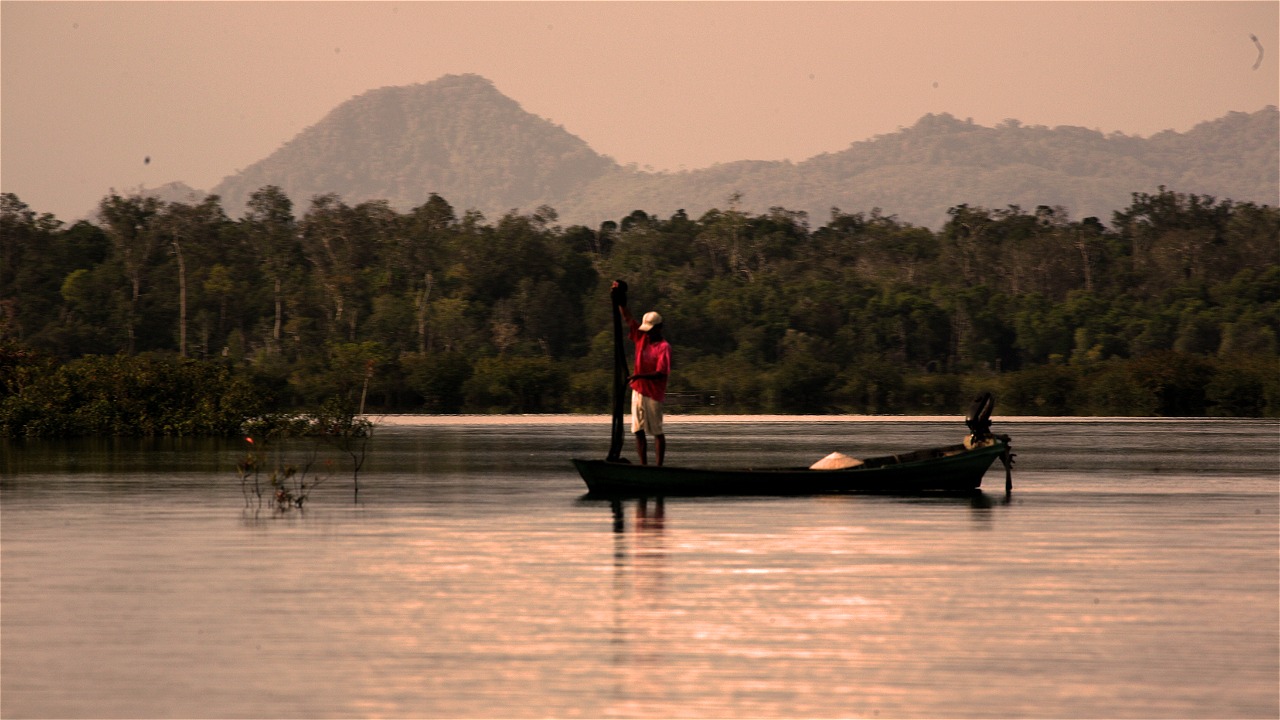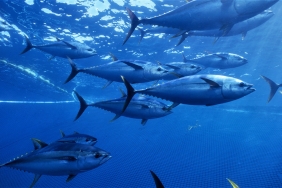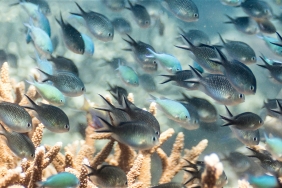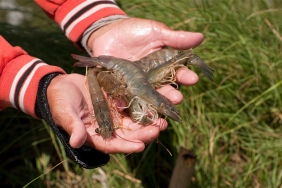THE MARKET INCREASINGLY WANTS SUSTAINABLE FISHERY PRODUCTS
By: Kurnia Dwi Agustina (Seafood Savers Communication Assistant)
Consumers' growing awareness of marine ecosystem conservation has increased the demand for fishery products produced through responsible activities. The government not only plays a role as a policy maker, but together with the community and the business sector also have a stake in protecting fisheries resources in Indonesia.
Seafood Savers together with the Ministry of Marine Affairs and Fisheries (KKP) held a workshop with the theme "Fulfilling Market Demand for Sustainable Indonesian Fishery Products" on Tuesday, October 25, 2016 at Four Points by Sheraton Hotel, Jakarta. The event aims to invite fisheries industry players to understand the concept and importance of sustainable fisheries practices to make Indonesian fisheries products competitive in the global market. Wawan Ridwan, Director of Coral Triangle WWF-Indonesia, and Innes Rahmania, A.PI, S.Sos, MM, Director of Market Access and Promotion, Ministry of Marine Affairs and Fisheries, agreed that sustainability and traceability are key factors in the production process of fishery products. Innes Rahmania added, "KKP from upstream to downstream is committed to fisheries sustainability. This can be proven from the performance that has been achieved together, such as activities to eradicate illegal fishing, the increase of sustainable fishery products assisted by KKP, the regulation of fishing gear to the determination of certain types of fish and fishing areas. Currently the government makes the sea as a homepage, we want the fisheries sector to be independent, advanced and strong based on national interests and of course this will not be achieved if fisheries activities are not carried out sustainably."
Dr. Imam Musthofa, Sunda Banda Seascape & Fisheries Program Leader WWF-Indonesia, elaborated on the global fisheries food that is not safe. Imam explained that two years ago, Indonesia's fish resources had been over-exploited by 53%, based on data released by FAO. The event also invited certification bodies including Intertek, Control Union, and SCS Global Services. The three organizations presented the main principles in sustainability and traceability as part of the market demand to fisheries industry players in Indonesia.
The government certainly does not remain silent in the face of changes in market behavior. This is realized through the availability of guidelines for Good Fish Handling (CPIB) and Good Fish Cultivation (CBIB) by KKP. The two guidelines were presented by Lukman Nur Hakim, Spi, Msi, Directorate of Fishing Vessels and Fishing Gear - KKP and Debora Prihatmajanti, S.P, M.S.T.Pi, Directorate General of Aquaculture Fisheries, which can help ensure fishery products are produced in a responsible manner. With various stakeholders meeting at the event, it adds to the belief that sustainable fisheries practices can increase product value and the sustainability of Indonesia's fisheries industry.





